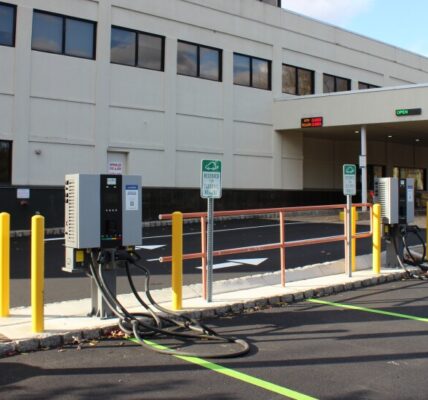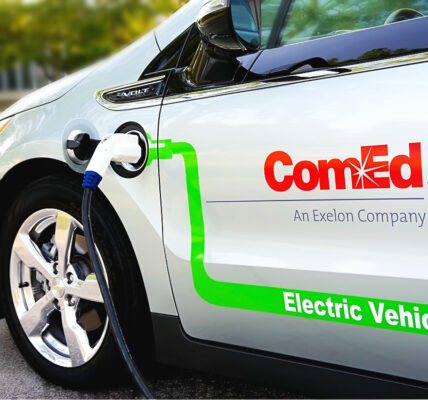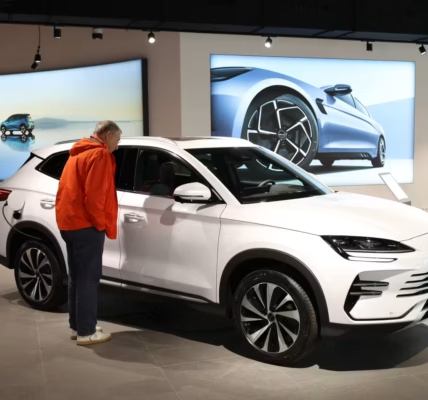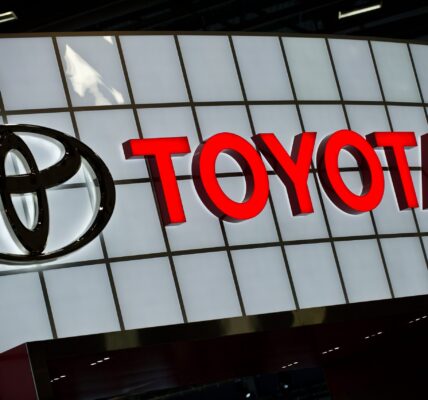‘Linux Foundation Energy’ Partners With US Government on Interoperability of America’s EV Charging
The partnership and effort — known as “Project EVerest” — is part of the administration’s full-court press to improve the charging experience for EV owners as the industry’s nationwide buildout hits full stride. “Project EVerest will be a game changer for reliability and interoperability for EV charging,” Gabe Klein, executive director of the administration’s Joint Office of Energy and Transportation, said yesterday in a post on social media.
Administration officials said that a key driver of the move to institute broad standards for software is to move beyond an era of unreliable and disparate EV charging services throughout the U.S. Dr. K. Shankari, a principal software architect at the Joint Office of Energy and Transportation, said that local and state governments now working to build out EV charging infrastructure could include a requirement that bidding contractors adhere to Project EVerest standards. That, in turn, could have a profound impact on providers of EV charging stations and services by requiring them to adapt to open source standards or lose the opportunity to bid on public projects. Charging availability and reliability are consistently mentioned as key turnoffs for potential EV buyers who want the infrastructure to be ready, easy, and consistent to use before making the move away from gas cars.
Specifically, the new project will aim to create what’s known as an open source reference implementation for EV charging infrastructure — a set of standards that will be open to developers who are building applications and back-end software.
And, because the software will be available for any company, organization, or developer to use, it will allow the creation of new EV infrastructure software at all levels without software writers having to start from scratch. “LF Energy exists to build the shared technology investment that the entire industry can build on top of,” said Alex Thompson of LF Energy during the web conference. “You don’t want to be re-inventing the wheel.”
The tools will help communication between charging stations (and adjacent chargers), as well as vehicles and batteries, user interfaces and mobile devices, and even backend payment systems or power grids. An announcement from the Joint Office of Energy and Transportation says this software stack “will reduce instances of incompatibility resulting from proprietary systems, ultimately making charging more reliable for EV drivers.”
“The Joint Office is paving the way for innovation by partnering with an open-source foundation to address the needs of industry and consumers with technical tools that support reliable, safe and interoperable EV charging,” said Sarah Hipel, Standards and Reliability Program Manager at the Joint Office.
With this collaborative development model, EVerest will speed up the adoption of EVs and decarbonization of transportation in the United States by accelerating charger development and deployment, increase customizability, and ensure high levels of security for the nation’s growing network.
Linux Foundation Energy adds that reliable charging “is key to ensuring that anyone can confidently choose to ride or drive electric,” predicting it will increase customizability for different use cases while offering long-term maintainability, avoiding vendor-lock in, and ensuring high levels of security.
This is a pioneering example of the federal government collaborating to deploy code into an open source project.
“The EVerest project has been demonstrated in pilots around the world to make EV charging far more reliable and reduces the friction and frustration EV drivers have experienced when a charger fails to work or is not continually maintained,” said LF Energy Executive Director Alex Thornton. “We look forward to partnering with the Joint Office to create a robust firmware stack that will stand the test of time, and be maintained by an active and growing global community to ensure the nation’s charging infrastructure meets the needs of a growing fleet of electric vehicles today and into the future.”








